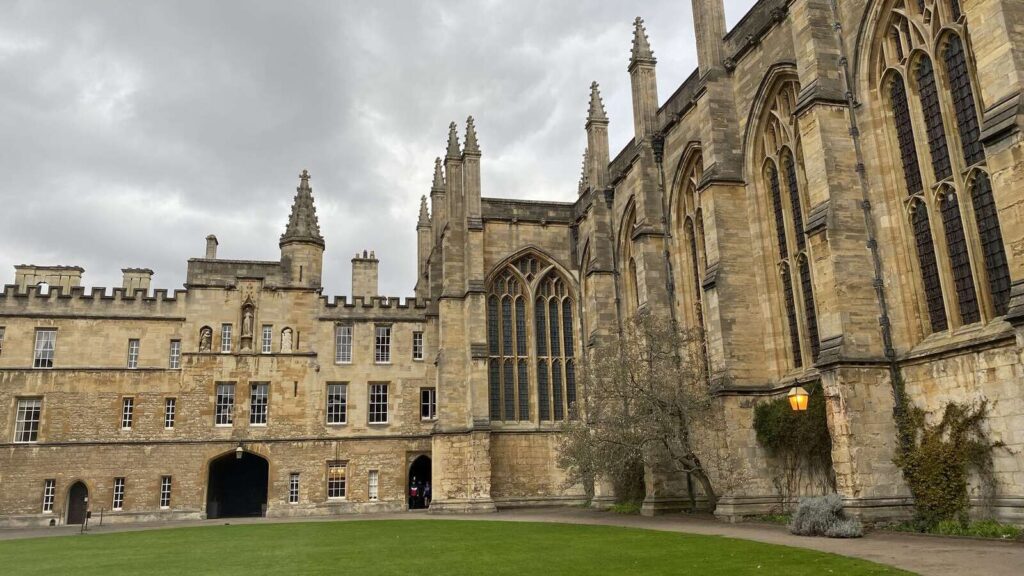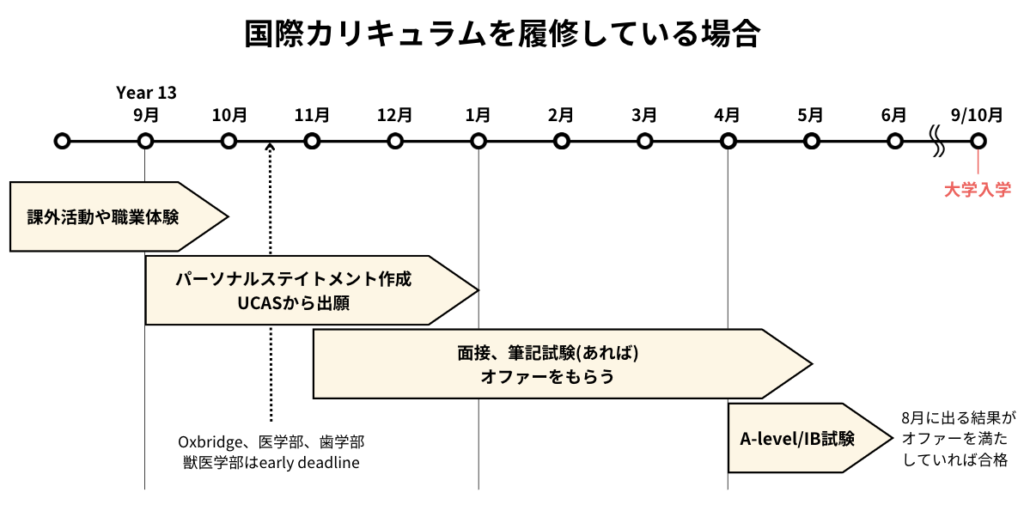Study in a UK University
What’s special about UK universities
World-class education
There are approximately 100 universities in the UK, of which 99% are national universities. Although the number of universities is not that big compared to Japan (approx. 800 universities nationwide), the country is known to be home to numbers of prestigious universities and a very high standard of education.
Like the Ivy League in the US, most of the excellent universities in the UK are members of the Russell Group. As of 2024, the group has 24 members, which are ranked among the top universities in the World University Rankings. For this reason, international students come from all over the world to look for a high quality education.
History

The oldest university among the English-speaking countries is University of Oxford, founded in the end of the 11th century. It has been announced the number one school in the World University Rankings, and is also known for being used in the film Harry Potter.
Universities with a long history and tradition are known as Old Universities, while those that have recently been promoted to University status are known as New Universities. New Universities are tend to have relatively easy entry requirements.
Course structure
Undergraduate degree is three-year long and Master’s degree is only one-year (Except for outside England, and some courses such as medicine).
In the US and Japan, universities offer a liberal arts year, followed by a major course from the second year. Whereas in the UK, the major course starts in the first year, allowing students to graduate one year early.
Specialist learning
As explained above, UK universities offer highly specialised study from the first year of undergrduate course. Top-level research is carried out in each field, and is suitable for those who have a specific topic they wish to study.
Entry requirements
UK universities do not accept Japanese high school diplomas. Therefore, if you plan to start your study after graduating from high school in Japan, you will need to take one of the following options.
(1) Foundation Course
Going through a Foundation Course is the most common way to enter a university after graduating from high school in Japan. The Foundation Course is a one-year course that prepares students for university, and guarantees admission to a university as long as they pass the final examinations.
There are two types of foundation course: one is run by a university, and the other run by an external organisation. For the course run by a university, you can enter the university directly. If the university you want to enter offers a foundation course, it will be the most ideal option for you. Given that undergraduate course is three years, even if you take the Foundation Course after finishing high school in Japan, you will still be able to graduate in four years.
Something to note here is that universities such as University of Oxford, University of Cambridge*, and Imperial College London, as well as some courses such as medicine cannot be entered via the Foundation Course. For students who aim to enter one of these universities/courses, you need to complete an international curriculum like A-levels and IB.
Additionally, there are pathways similar to the foundation course called International Year One and International Year Two. These are preparatory courses designed for transfer into the second and third year of university, respectively.
*Precisely speaking, University of Oxford accepts admissions from foundation courses, but due to the high competition, it is recommended to pursue other qualifications.
For University of Cambridge, only art courses accept admissions from foundation courses, while it is not accepted for science courses.
Imperial College London only accepts the “International Foundation Programme in Science & Engineering (IFP)” from Warwick University and the “Undergraduate Preparatory Certificate for Science and Engineering (UPCSE)” from UCL.
(2) A-levels
The most common high school diploma in the UK, and the course duration is two years. Which means that if you start A-levels after finishing high school in Japan, it will take a little longer to graduate than if you had taken the Foundation Course.
Still, the advantage is huge. It will make it possible for the student to apply to top universities like Oxford, Cambridge and Imperial College London, as well as courses like medicine.
(3) Other international qualifications eg. IBDP, AP
IBDP is a widely adopted curriculum in International Schools all over the world, which works just like A-levels when it comes to UK university applications. Similarly, the American curriculum AP(Advanced Placement) is also a recognised qualification for admission to UK universities.
The number of IB-certified schools and Cambridge International-certified schools is increasing in Japan. Other than the above, students who complete other international curriculums recognised by UK universities can apply through the same process as local students. The application process is explained below.
Application process
The process is different when applying (1) via Foundation Course v (2) and (3) described above.
The application to a Foundation Course must be submitted to each institution separately.
If you are studying A-levels or IB at school, you will submit your application through UCAS.

You can apply to no more than five universities through UCAS, and no more than four universities for medicine. You cannot apply to University of Oxford and University of Cambridge at the same time – you must choose one of them.
International students are also required to have an IELTS score. An IELTS score of 5.5 or above is usually an entry requirement to Foundation Course and most universities. 6.5-7.0 or above is required for top universities.
Costs of studying abroad
The estimated costs of studying at a british university are as follows (as of 2024).
- Tuition fees: £25,000-39,000 (For Medicine, £47,000-67,000)
- Dorm or rent: £8,000
- Living cost: £1,250
- Student visa application fee: £348
- NHS (National Health Service): £776
- Flights: 200,000 yen per round trip
Total: approx. £35k – 50k
The conversion is as follows: 1 GBP = 190 JPY.
- Tuition fees: 4,750,000-7,410,000 yen
- Dorm or rent: 1,520,000 yen
- Living cost: 237,500 yen
- Student visa application fee: 66,120 yen
- NHS (National Health Service): 147,440 yen
- Flights: 200,000 yen per round trip
Total: approx. 6.9-9.6 million yen
This video explains in more detail!



